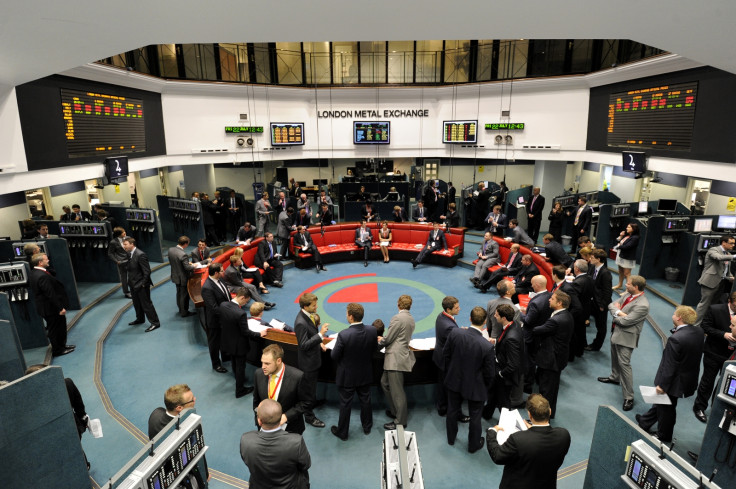Former London Metal Exchange CEO Martin Abbott plans new metals trading platform

Martin Abbott, the former chief executive officer of the London Metal Exchange (LME), is considering setting up a new base metals trading exchange in London. The move to set up an alternative exchange follows discontent over LME increasing its fees.
Abbott, who resigned from the LME at the end of 2013, is said to have already initiated talks with trading houses and brokers. "The conversations have all been about the potential for creating a new market for trading of metals, which would be more efficient. That's in part been driven by the LME's new fee structure but it's also to do with what they [brokers] perceive as a direction of travel away from traditional metal trading," Abbott said.
A feasibility study of such an alternative platform is expected to be done within a few weeks. This will allow him and his team to assess the practicalities and costs of the new exchange, Abbot said. "There are a number of different options which are mentioned, some people talk about an OTC (over the counter) platform, others talk about a (full-blown) exchange and it's really very early days," he explained.
The 139-year-old LME, which is the world's largest and oldest market place for metals, has traditionally been the first choice for metal consumers and producers. However, since getting sold to the Hong Kong Exchanges & Clearing (HKEx) in 2012, its dominance has been challenged by the CME in New York and the Shanghai Futures Exchange.
The LME is also witnessing a drop in overall volumes. This is despite the new fee incentive programmes launched by it to attract new participants to its electronic trading platform.
Adding to these problems is the discontent among brokers with the LME. Malcolm Freeman, director at Kingdom Futures, a commodity broking services company said: "There is certainly more dissatisfaction with the LME and its fee structure and general attitude than I can ever recall. Much of this is focused solely on the fee structure, which is forcing members to pass on many more if not all of the costs to clients." Hence, traders will now be willing to listen to new exchange options as "they feel they have been abused by the system", Freeman opined.
© Copyright IBTimes 2025. All rights reserved.





















